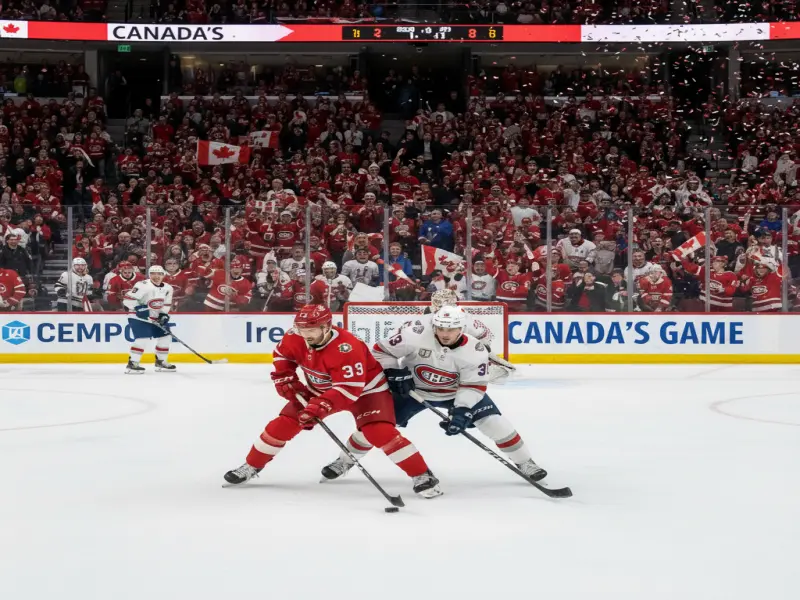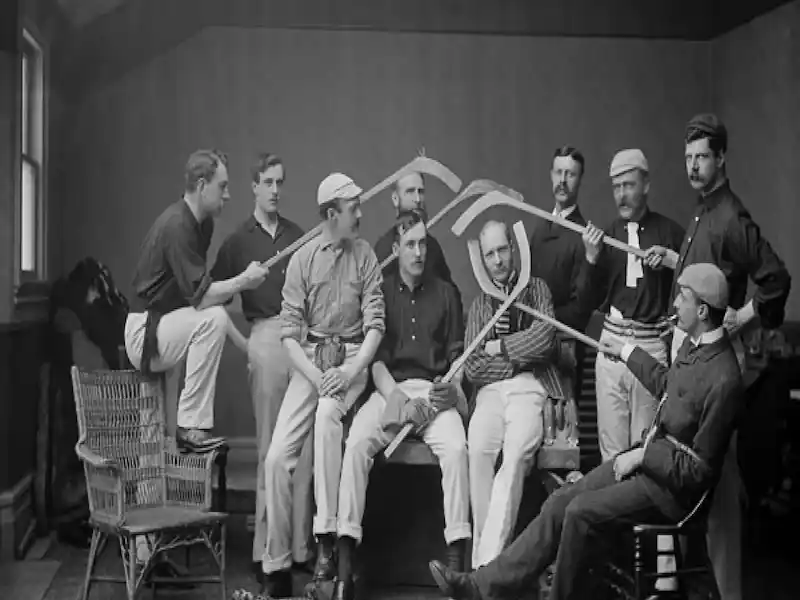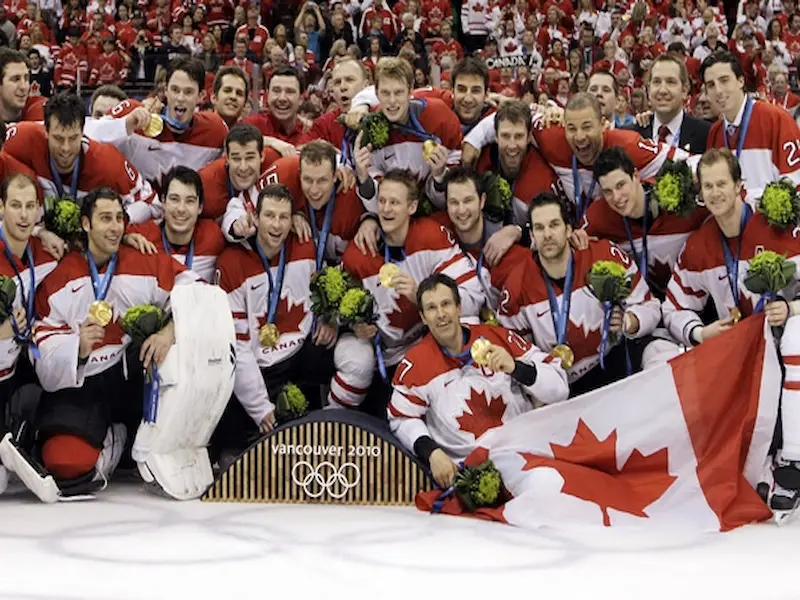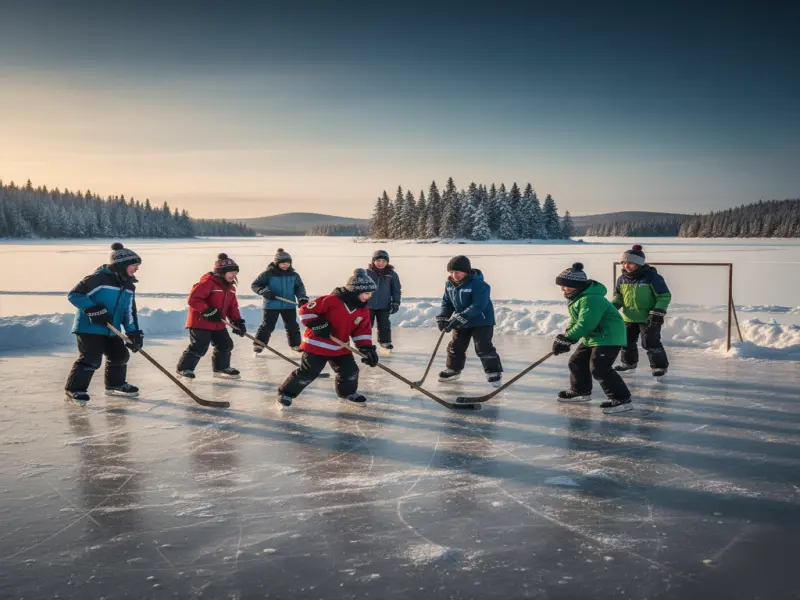Canada is a country where sports are more than entertainment—they are a way of life. From coast to coast, Canadians gather in arenas, living rooms, and frozen ponds to enjoy their favorite games. But many people wonder: what is the most popular sport in Canada? The answer is clear—ice hockey. While lacrosse, soccer, basketball, and football also play important roles, hockey holds a special place in Canadian history and identity.

What is the Most Popular Sport in Canada?
The most popular sport in Canada is ice hockey. This fast-paced, physical, and strategic game is not only Canada’s national pastime but also one of its greatest cultural symbols. Hockey unites generations, communities, and even the entire nation during international tournaments.
The Origins of Hockey in Canada
Hockey’s deep roots in Canada date back to the 1800s. Although variations of stick-and-ball games existed in Europe for centuries, the modern rules of ice hockey were codified in Montreal in 1875. That first official indoor hockey game set the foundation for the sport we know today.

Over time, hockey spread across Canadian provinces, fueled by the country’s cold climate and abundance of frozen lakes and rivers. Children learned to skate before they could walk, and makeshift rinks in backyards became a common sight during winter.
Why is Hockey the Most Popular Sport in Canada?
Several reasons explain why hockey became the most popular sport in Canada:
1. Climate and Geography
Canada’s long, icy winters provide the perfect conditions for hockey. Natural frozen ponds and lakes served as the original rinks, making the sport accessible to children in both rural and urban areas.
2. Historical and Cultural Roots
The sport is more than 140 years old in Canada and has been part of the country’s culture since Confederation. It grew alongside the nation’s identity, becoming a unifying symbol that represents resilience, teamwork, and passion.
3. National and International Success
Canadian players dominate international competitions. Canada has won numerous Olympic gold medals and World Championships, cementing its reputation as the home of hockey. These victories fuel national pride and keep the sport at the top.

4. Community and Family Traditions
From youth leagues to the National Hockey League (NHL), hockey is woven into community life. Families spend weekends in arenas, and small towns often treat their local teams as heroes.
5. Media and Entertainment
Hockey Night in Canada, a weekly TV broadcast since the 1950s, became a national tradition. Today, millions still gather to watch their favorite teams and players.
Other Popular Sports in Canada
While hockey is the most popular sport in Canada, other games also play a significant role in Canadian culture:
- Lacrosse – Canada’s official summer sport with Indigenous origins.
- Canadian Football – Known for the CFL and the Grey Cup.
- Soccer – Rapidly growing thanks to immigration and the 2026 FIFA World Cup.
- Basketball – Invented by Canadian James Naismith and boosted by the Toronto Raptors’ NBA success.
- Curling – A winter sport especially beloved in the Prairies.
What the Most Popular Sport in Canada Reveals About Its Culture
Hockey isn’t just a sport—it’s a reflection of Canada itself. It represents:
- Perseverance in harsh climates.
- Community values, as kids and adults bond over the game.
- National pride, with every international victory.
- Heritage, since it grew from Canadian soil and spread worldwide.

Conclusion
So, what is the most popular sport in Canada? Without a doubt, it is ice hockey, a game born in Montreal and carried proudly through generations. Its popularity stems from climate, history, success, and cultural meaning. Still, Canadians embrace many sports, showing the country’s diversity and passion for athletic competition.
Hockey remains Canada’s heartbeat—a sport that goes far beyond the rink, symbolizing the very essence of Canadian identity.
🏒 Find out more about culture of canada
If you enjoyed learning about Canada’s most popular sport, you might also be interested in these articles:
